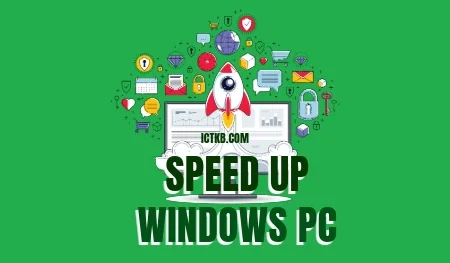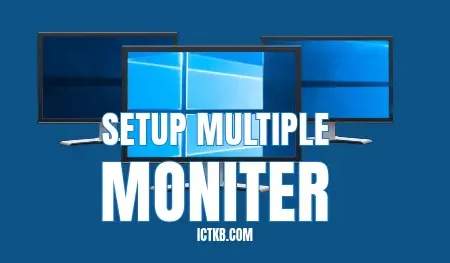Is your Windows PC running slow? Does your application take forever to load or launch? Don’t worry; you’re not alone. Many people experience slow performance on their Windows PC, but there are ways to speed up your system. This blog post covers some of the best tips and tricks to help speed up your Windows PC.
Remove unnecessary programs:
If you have programs installed on your PC that you don’t use, it’s a good idea to remove them. Go to Control Panel > Programs and Features and uninstall programs you no longer need. This frees up disk space and makes your system run faster.
Disable startup items:
Many applications start automatically when you start your PC, which can slow down the boot process. To disable startup items, open Task Manager (Ctrl + Shift + Esc), select the Startup tab, and disable any applications you don’t want to start automatically. Optimize your Windows settings.
Windows has various settings that can affect system performance. You can tweak these settings to improve performance. Below are some suggestions.
Disable visual effects:
Go to Control Panel > System > Advanced System Settings > Performance Settings and select Adjust for best performance to disable all visual effects.
Disable unnecessary services:
Go to Control Panel > Administrative Tools > Services and disable all unnecessary services.
Adjust power settings:
To get the best performance from your PC, go to Control Panel > Power Options and select the High Performance plan.
Use SSDs:
If your PC still has a traditional hard drive, consider upgrading to an SSD. SSDs are much faster than HDDs and can significantly improve system performance.
Increase RAM:
If your PC is running low on RAM, upgrading your RAM may help. More RAM allows your PC to run more applications simultaneously, improving performance.
Run a malware scan:
Malware can slow down your PC, so it’s important to run malware scans regularly. Use a reputable antivirus and scan your system for threats.
Keep your PC up to date.
Make sure your Windows PC is running the latest updates and patches. Microsoft periodically releases updates that can improve system performance and fix security vulnerabilities.
In summary, there are many ways to speed up your Windows PC. Removing unnecessary programs, disabling startup items, adjusting Windows settings, using an SSD, increasing RAM, running malware scans, and updating your PC can improve system performance. By following these tips, you can get the most out of your Windows PC and get faster performance.





